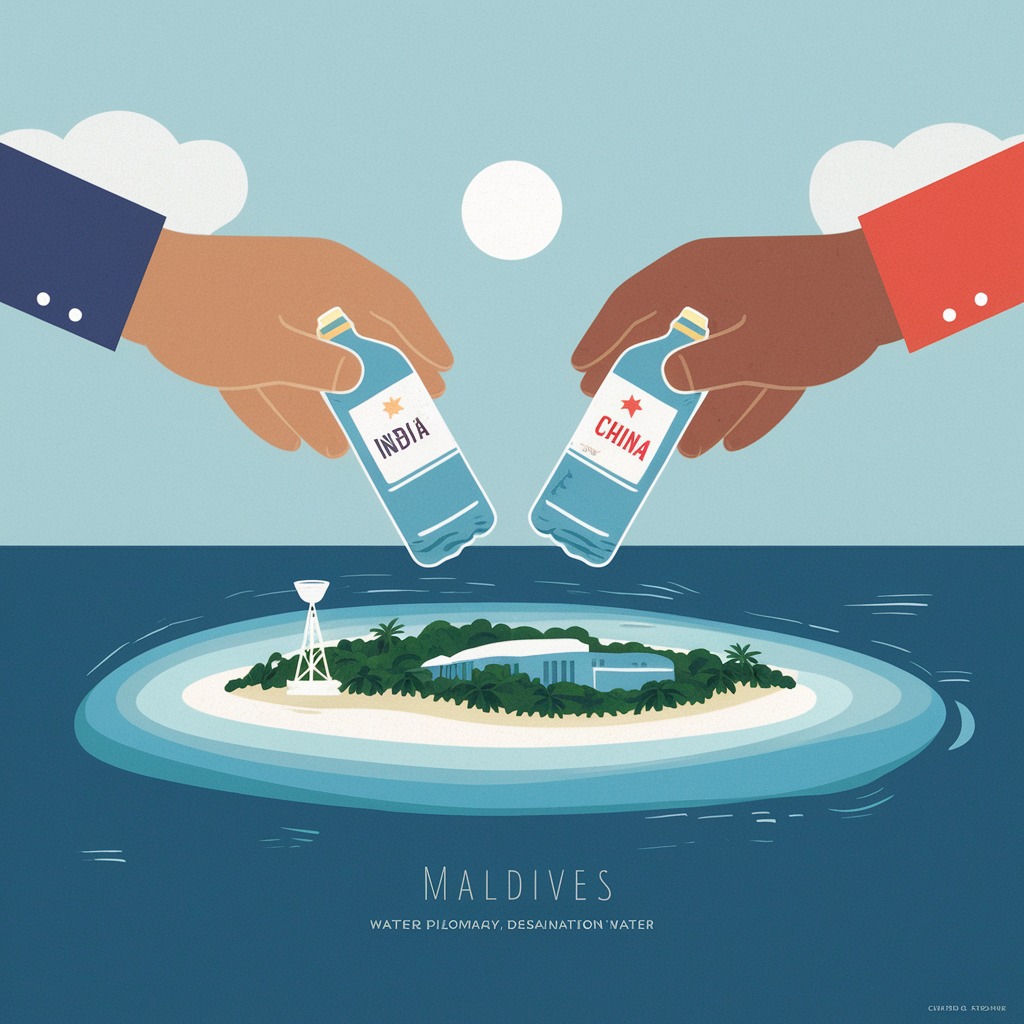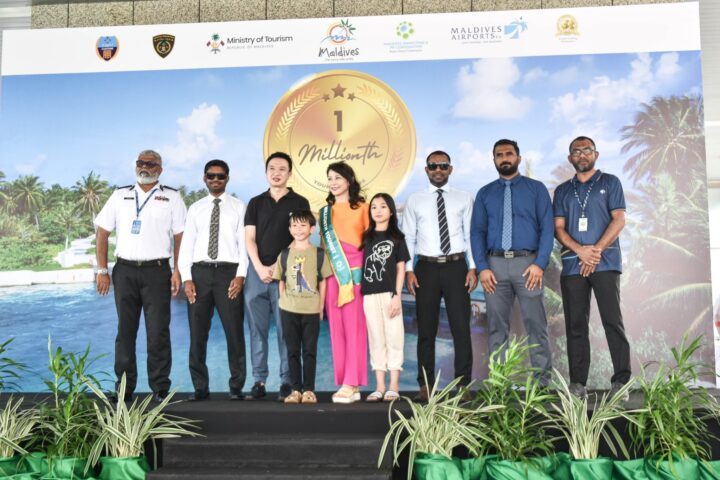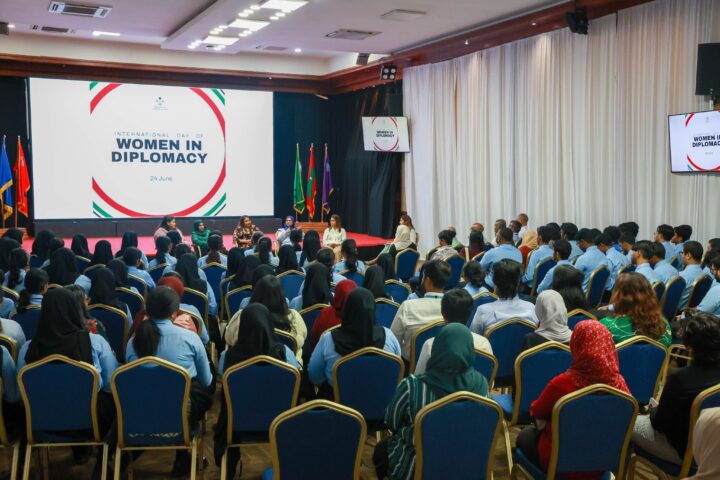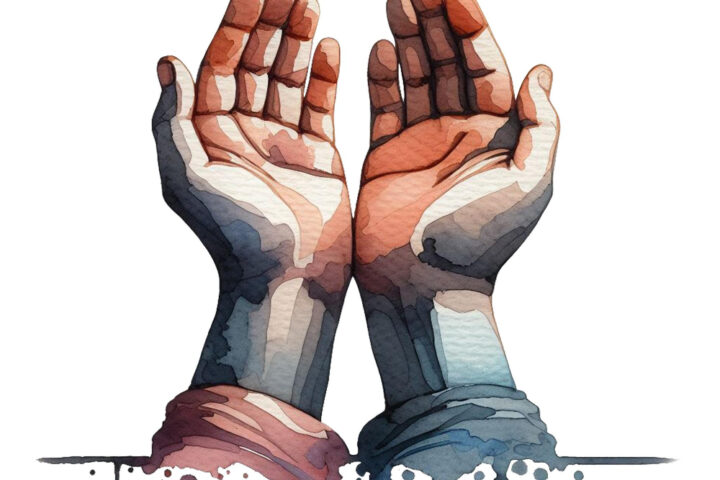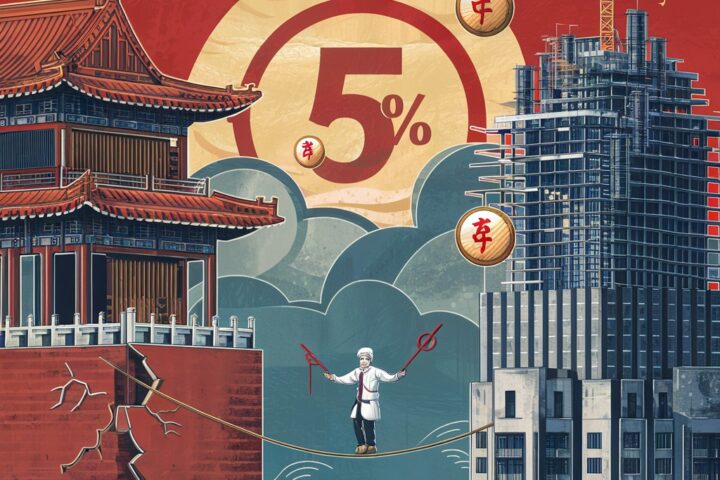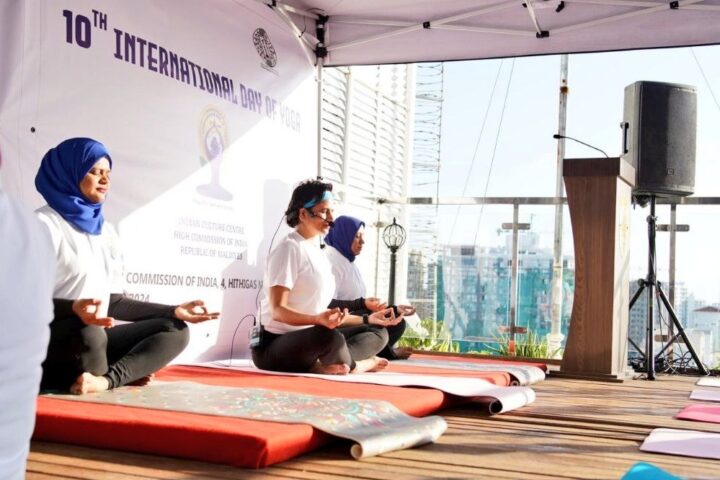MALE’, Maldives — The makeshift mosque opposite Redwave supermarket in Hulhumale’ once bustled with activity during the five daily prayer times. Today, it stands deserted, fenced off to keep intruders away. When asked, neighbors blast their frustrations about losing their place of worship. Further questioning reveals an unexpected twist: the mosque now houses pricy Tibetan spring water, a donation from friendly China.
From a distant mosque where the President was offering his Friday prayers, loudspeakers burst with sermons praising Allah for His bounties upon the Maldives. My mind wanders to thoughts of high-stakes hydro diplomacy.
If all goodwill gestures can be translated into diplomacy, this kindness from the People of China marks the second such effort in a month. Earlier, they brought tears to the eyes of those in kitchens with their “onion diplomacy.”
In March and May of this year, China made headlines by donating 3,000 tones of mineral water sourced from Tibetan glaciers to the Maldives. The move was a clear echo of India’s “Operation Neer” in 2014, when New Delhi airlifted 2,375 tones of water to Male’ during a severe crisis.
“It’s not just about quenching thirst,” says a veteran journalist “It’s about quenching geopolitical ambitions.”
The Maldives, with its strategic location along major shipping routes, is a prize worth fighting for. But for its 540,000 residents, the water issue is far from political — it’s a daily struggle.
A businessman speaking on the issue puts it bluntly: “We’re spending a fortune on desalination. It’s like burning money to make water.”
Indeed, the Maldives relies heavily on desalination, a process that costs up to $1.50 per cubic meter — a steep price for a country where the average monthly wage hovers around $700.
China’s recent water diplomacy has raised eyebrows, not just because of its timing, but also due to the headlines flashing across media outlets. The Water Conservation Regulations, which set limits on water usage within Tibet, were issued by China’s State Council on March 20 – just a week before the first water delivery was sent to the Maldives.
But the problems don’t end at the water’s source. Once the donated water reaches the Maldives, a new set of challenges emerges.
“Distribution is a logistical nightmare,” admits HA, a government official. “We’re still figuring out how to efficiently move supplies across hundreds of islands.”
This isn’t the first time the Maldives has grappled with such issues. A donation of dates from Saudi Arabia reportedly sat in warehouses for months, with some spoiling before reaching those in need. Social media was abuzz with images of dates distributed on the occasion of Eid.
Even when distribution hurdles are overcome, environmental concerns linger. “Storing thousands of PET bottles in our climate is problematic,” says a local activist. “The heat and sunlight can degrade the plastic, potentially contaminating the water.”
As climate change threatens to submerge parts of this island nation within decades, the Maldives’ fresh water issue serves as a stark reminder of the challenges facing small states in an increasingly polarized world. In this high-stakes hydro diplomacy, one thing is clear: when it comes to water in the Maldives, nothing is as simple as it seems.
As I wrapped up this article, a tweet flashed across my feed, demanding my attention: “Give me a fish and I eat for a day; teach me to fish and I eat for a lifetime.” This resonated deeply, underscoring the lasting impact of empowering others.

